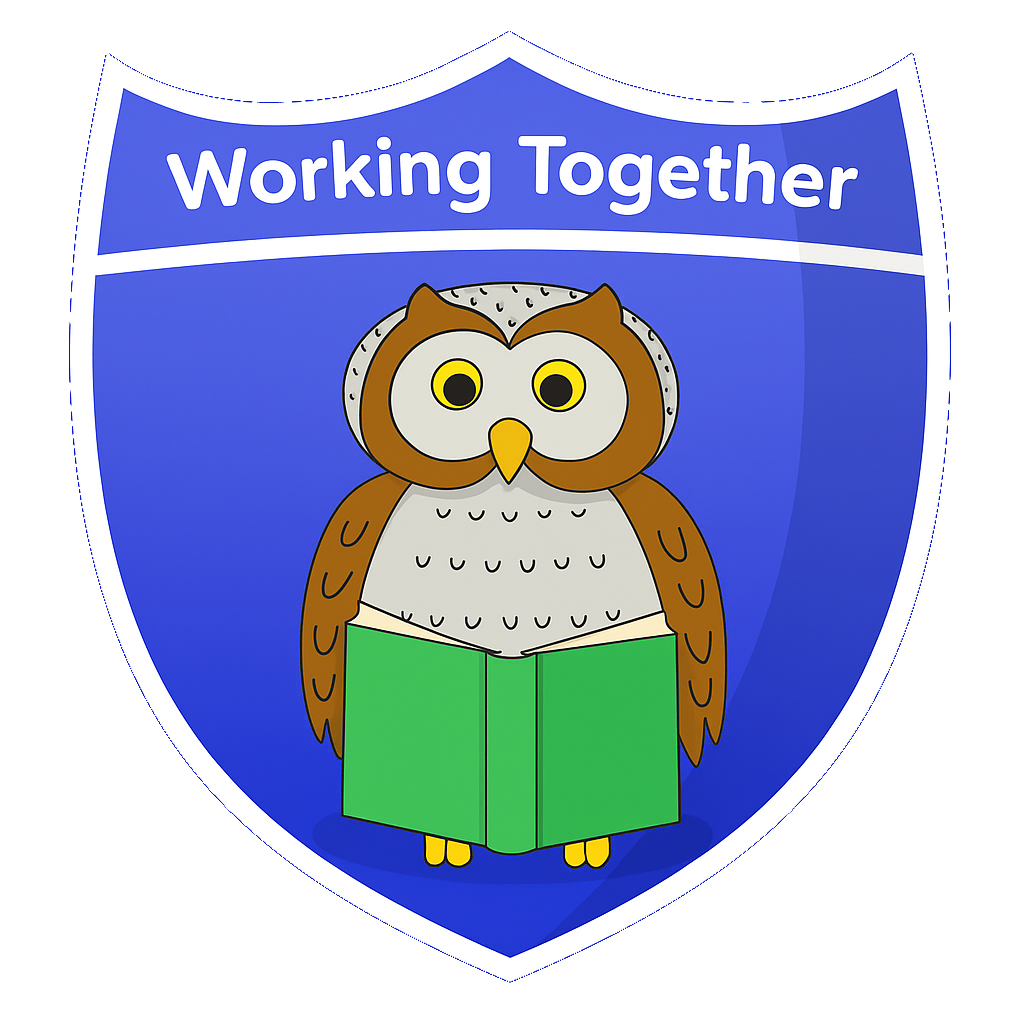History
At Godwin, we provide a high-quality history education that enables children to understand the world by exploring the past on personal, national, and global levels. We aim to spark curiosity about historical events, people, and places while building a coherent understanding of Britain’s history and that of the wider world. Our curriculum inspires pupils to ask questions, think critically, evaluate evidence, analyse arguments, and develop perspective and judgment. Through our teaching, we hope pupils gain insight into the complexity of people’s lives, the dynamics of change, the diversity of societies, and the relationships between groups, as well as their own identities and the challenges of their times.
Our history curriculum is designed with a carefully sequenced progression, allowing students to build on prior knowledge each year, which enhances their understanding of historical themes and connections.
To understand their place in the local area, children explore how it has changed over time. This is done by looking at pictures and gives pupils the opportunity to ask questions and think critically about whether these changes have had a positive change on their lives and the locality they live in.
Learning is further enhanced through our school trips, visitors and workshops we organise throughout the year.
We expect the children to:
EYFS
· Use past, present, and future tenses accurately to describe events.
· Create narratives and explanations by linking ideas and events.
· Discuss past and present events in their own lives and those of family members.
· Observe animals and plants, explaining why things happen and noting changes.
· Partake in activities that will help them build a foundational understanding of the world around them.
KS1
· Develop awareness of the past with time-related vocabulary.
· Place events within a chronological framework.
· Understand methods of uncovering the past and its representations.
· Ask and answer questions using stories and sources to show knowledge of key events.
KS2
· Develop chronological knowledge of British, local, and world history.
· Establish clear narratives within and across historical periods.
· Identify connections, contrasts, and trends over time using historical terms.
· Formulate and answer valid questions about change, cause, and significance.
· Construct informed responses by selecting and organizing relevant historical information.
· Recognise that knowledge of the past comes from diverse sources.
Throughout the year, we commemorate several historical events, including Remembrance Day.
